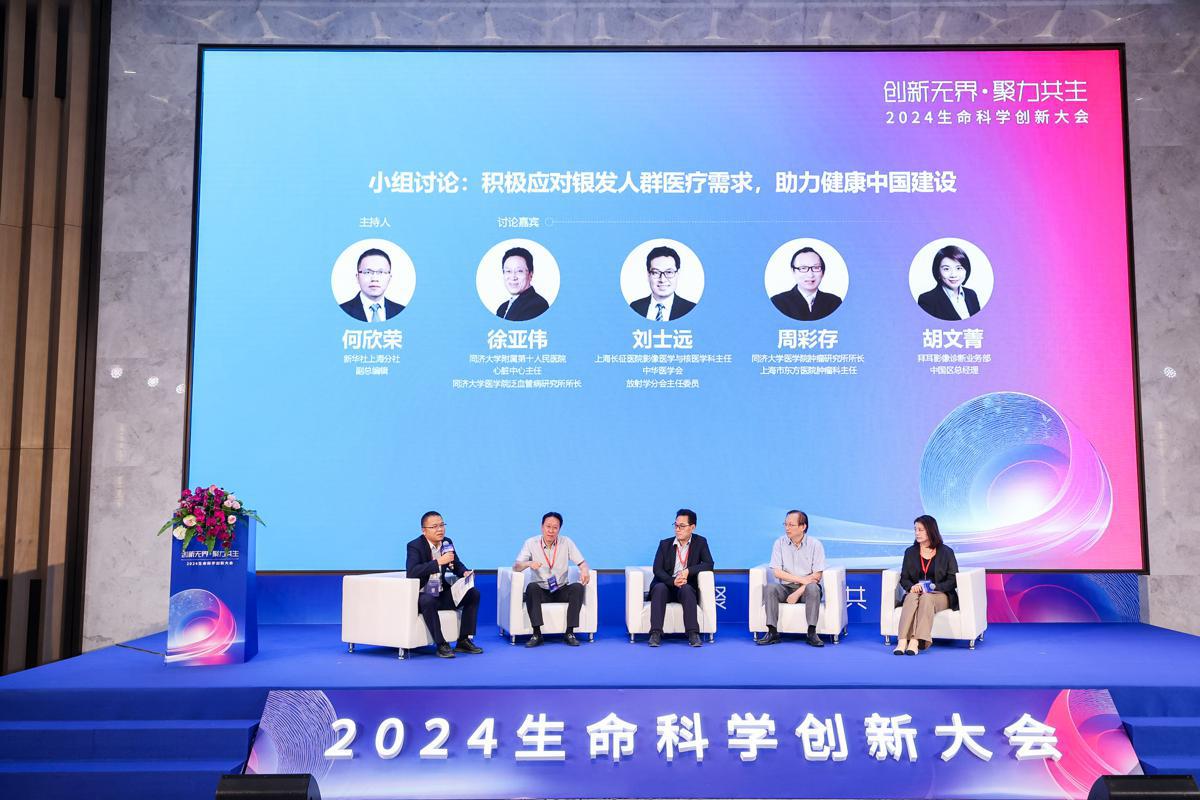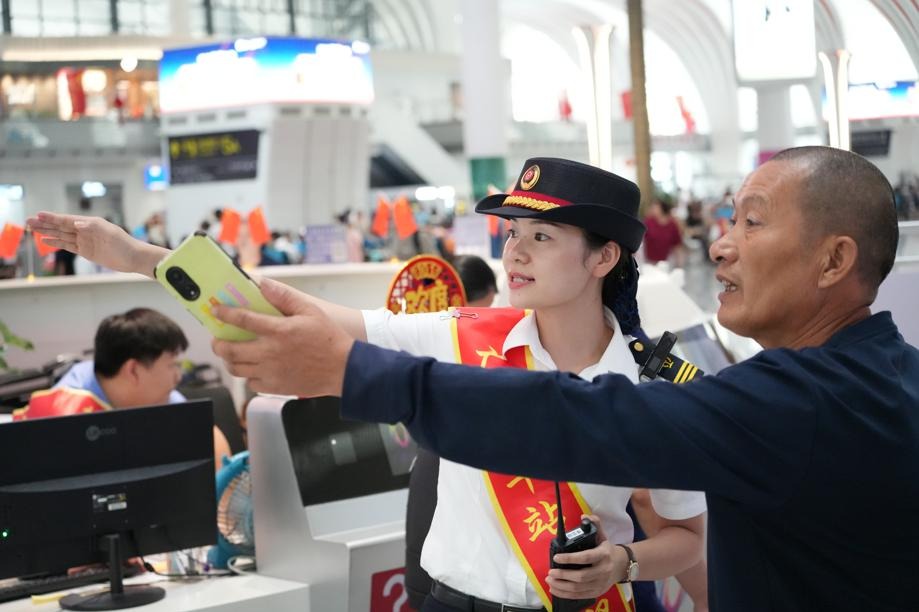Experts urge cross-disciplinary integration in life sciences


Cross-disciplinary integration between cutting-edge technologies and the various sub-sectors of life sciences should continue to be deepened so that more scientific research results can benefit a wider range of patients, said experts during the 2024 Life Sciences Innovation Summit in Shanghai on Monday.
To actively promote international communication and collaborations is another important channel to push forward medical science and ultimately benefit patients, they said at the event held by Bayer China together with the Shanghai branch of Xinhua News Agency and the Shanghai headquarters of the China Economic Information Service.
Xu Yawei, director of the heart disease center of Shanghai Tenth People's Hospital, said that the improved, future-oriented treatment of cardiovascular diseases, which afflict 330 million people in China, shall make efforts from two aspects: new strategies and new devices.
"That means we must achieve breakthroughs in source innovation from theory to clinical application. Also, we need to establish a complete system covering the full chain from basic research to application transformation as well as an innovative R&D mechanism for pan-vascular interventional devices," he said.
Liu Shiyuan, director of the department of radiology and nuclear medicine at Shanghai Changzheng Hospital, that imaging plays a crucial role in precise diagnosis and treatment, and artificial intelligence further empowers imaging.
"For example, AI can personalize the radiotherapy plan, which can improve the radiotherapy effect by 20 percent and reduce the radiotherapy dose by 30 percent," he said.
In the context of continuous innovation and international exchanges, the treatment methods of lung cancer, one of the malignant tumors with the highest incidence and mortality rate in China, are constantly improving, said Zhou Caicun, director of the oncology department of Shanghai East Hospital.
"Lung cancer management has gradually moved towards a new era of precision and being treated as a chronic disease, which is a result inseparable from innovation, science and collaboration," said Zhou.
"China's clinical research and treatment strategies in this field are transforming chasing others to being on par with the best," he said.
- China-Laos Railway handles over 60 million passenger trips
- Bangladesh's young boy recovering after undergoing specialized surgery in Hubei
- Shanghai pioneers music therapy committee to advance mental health care
- No casualties reported after 5.4-magnitude quake in China's Sichuan
- Village in Guangzhou announces subsidy for patients with mosquito-borne diseases
- Guangdong railways set passenger record during National Day holiday





































